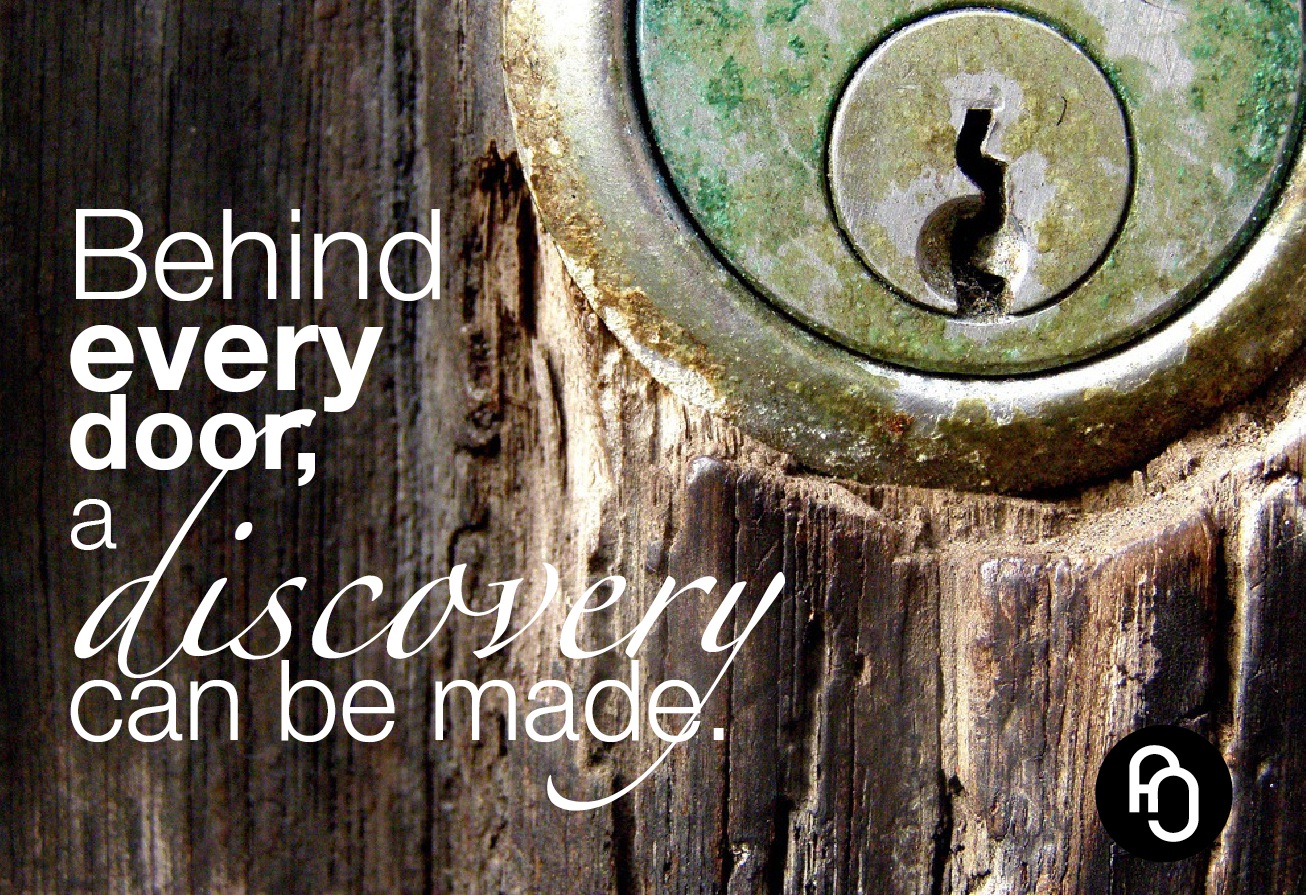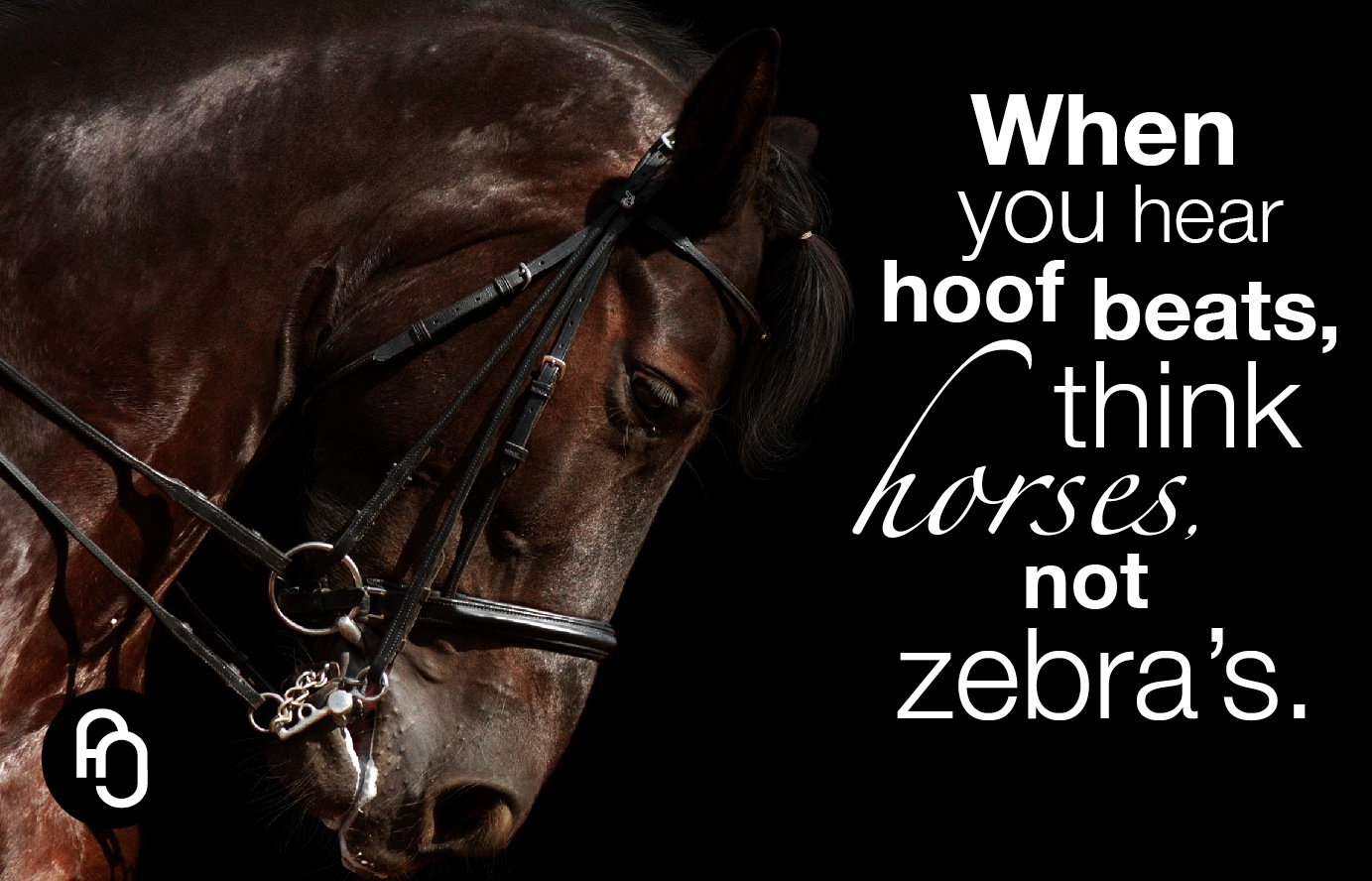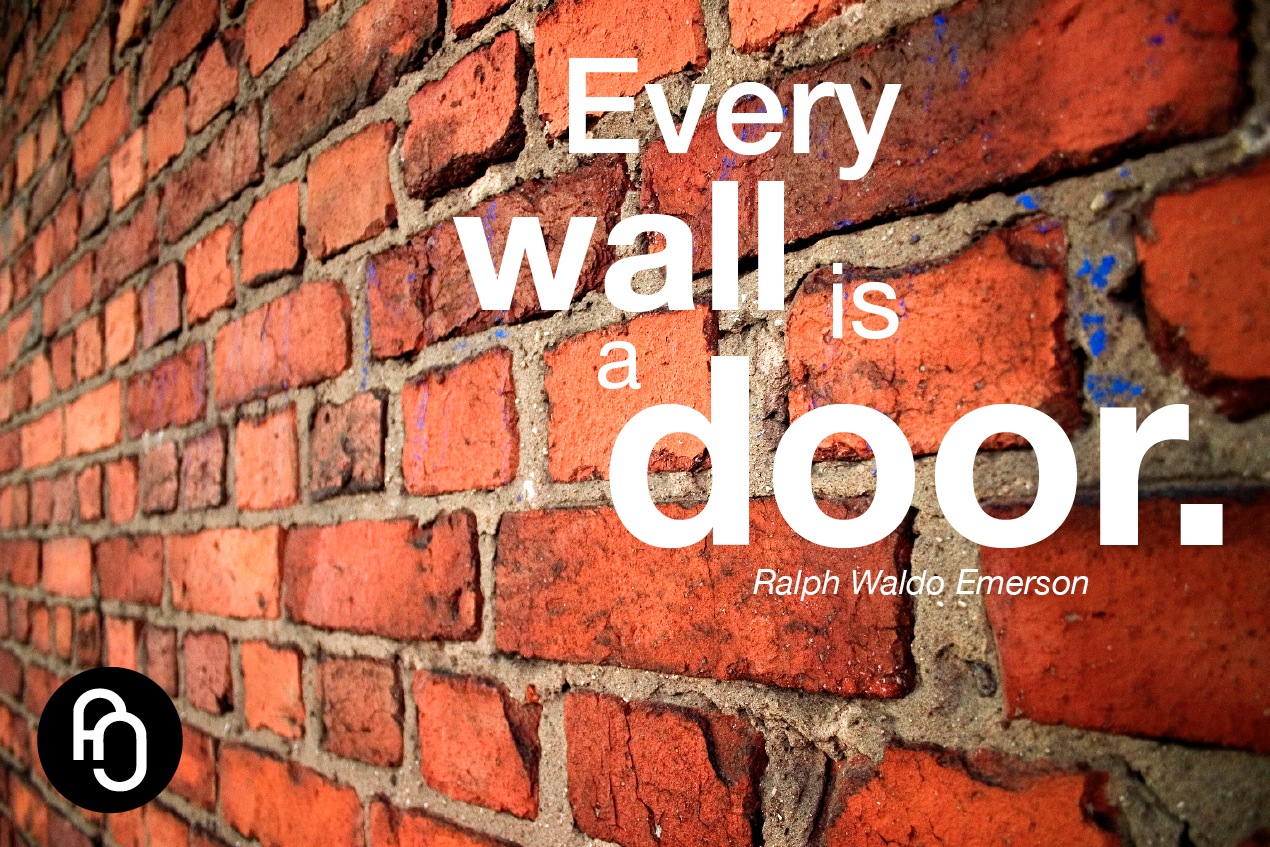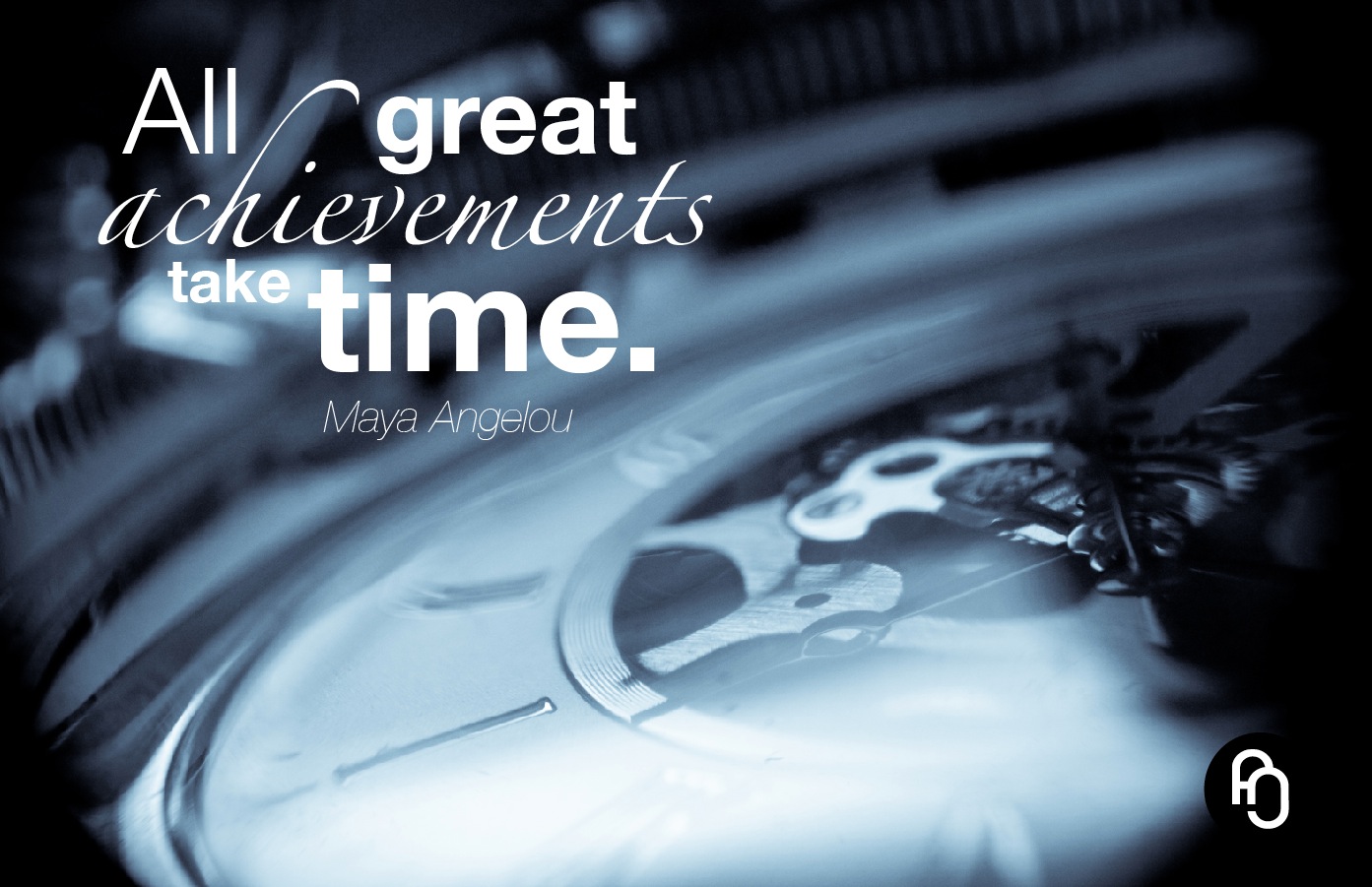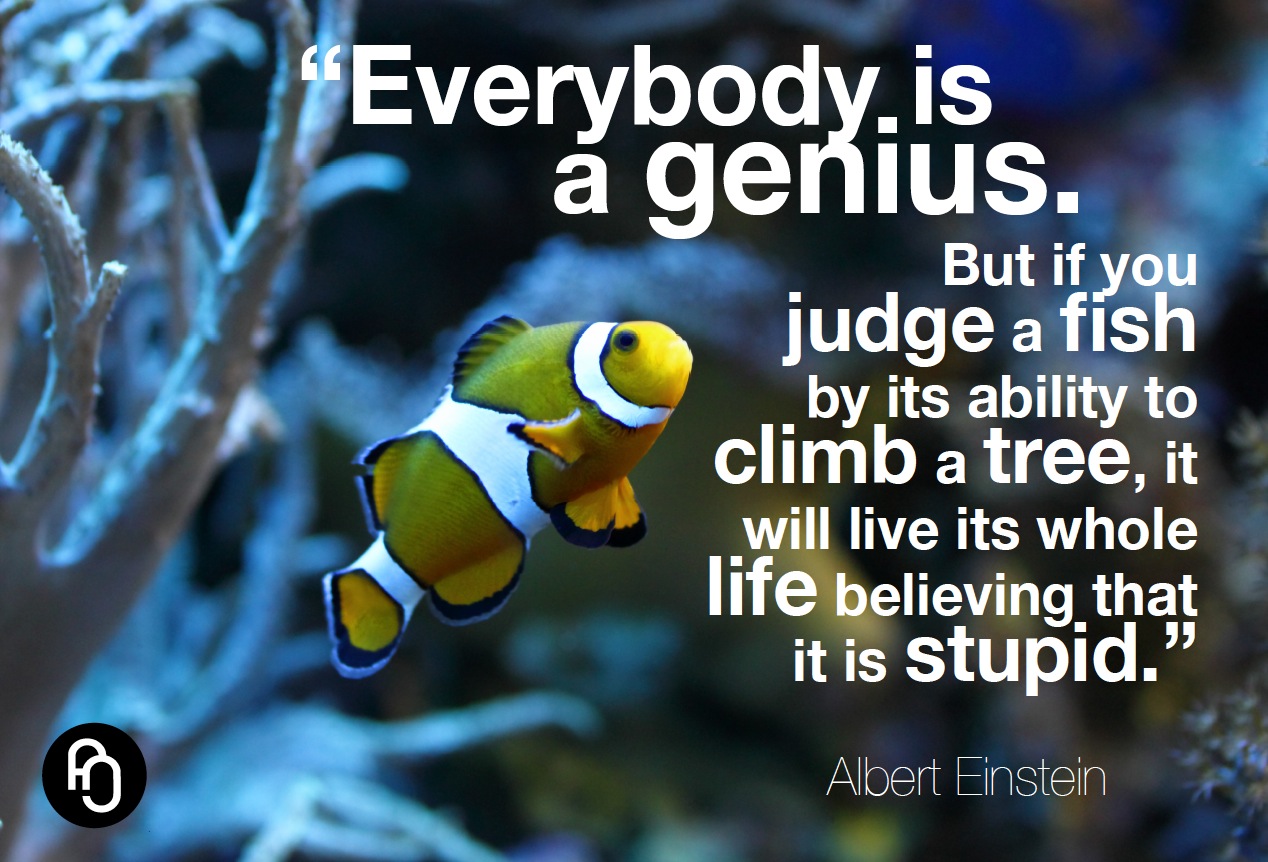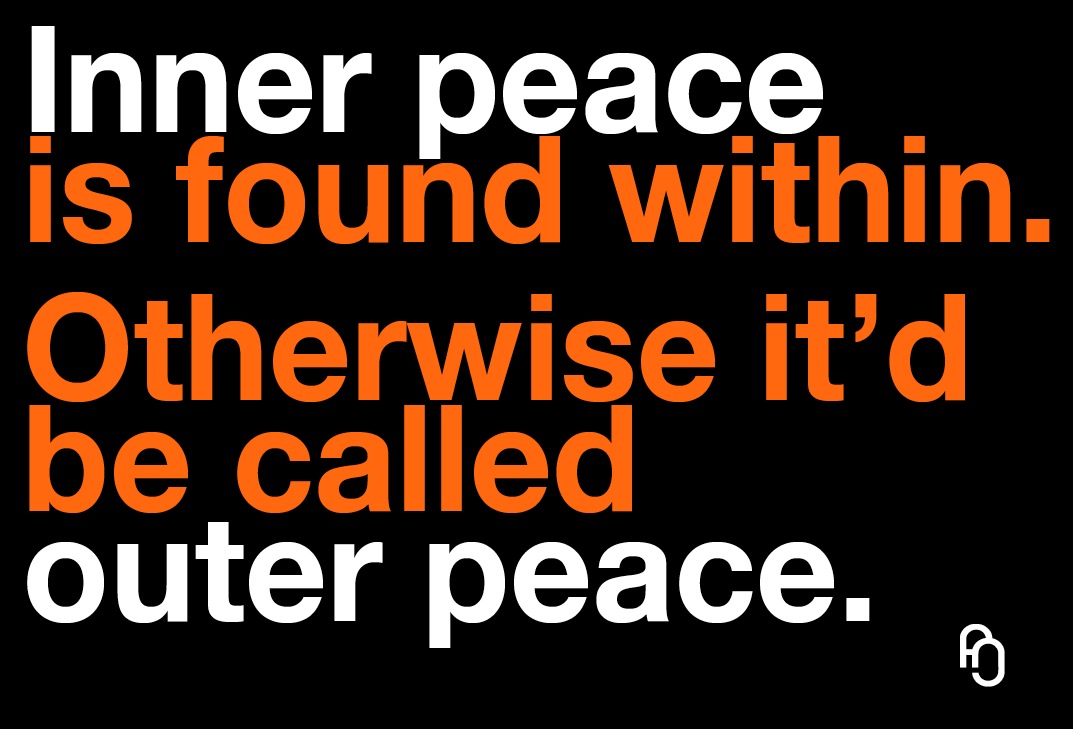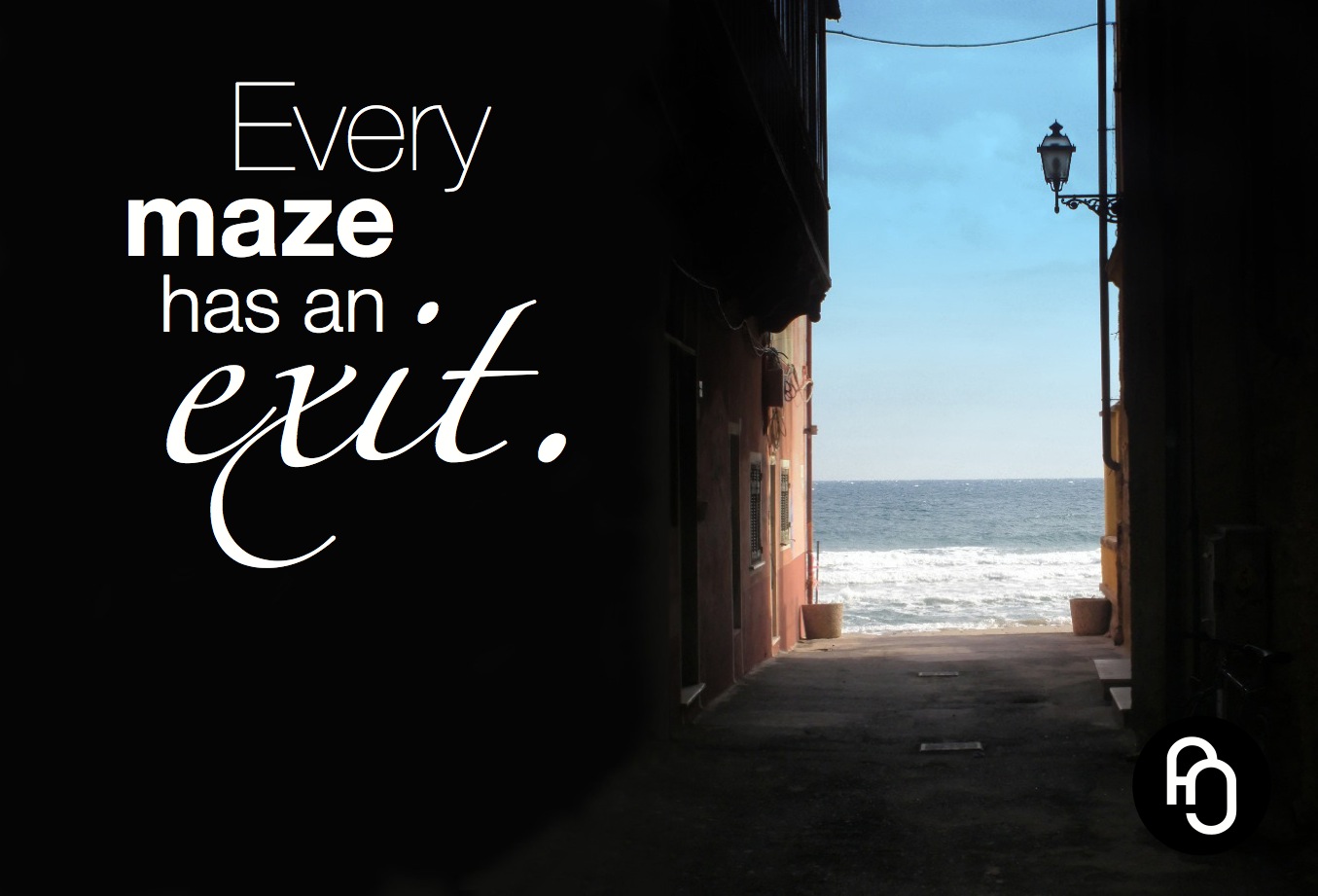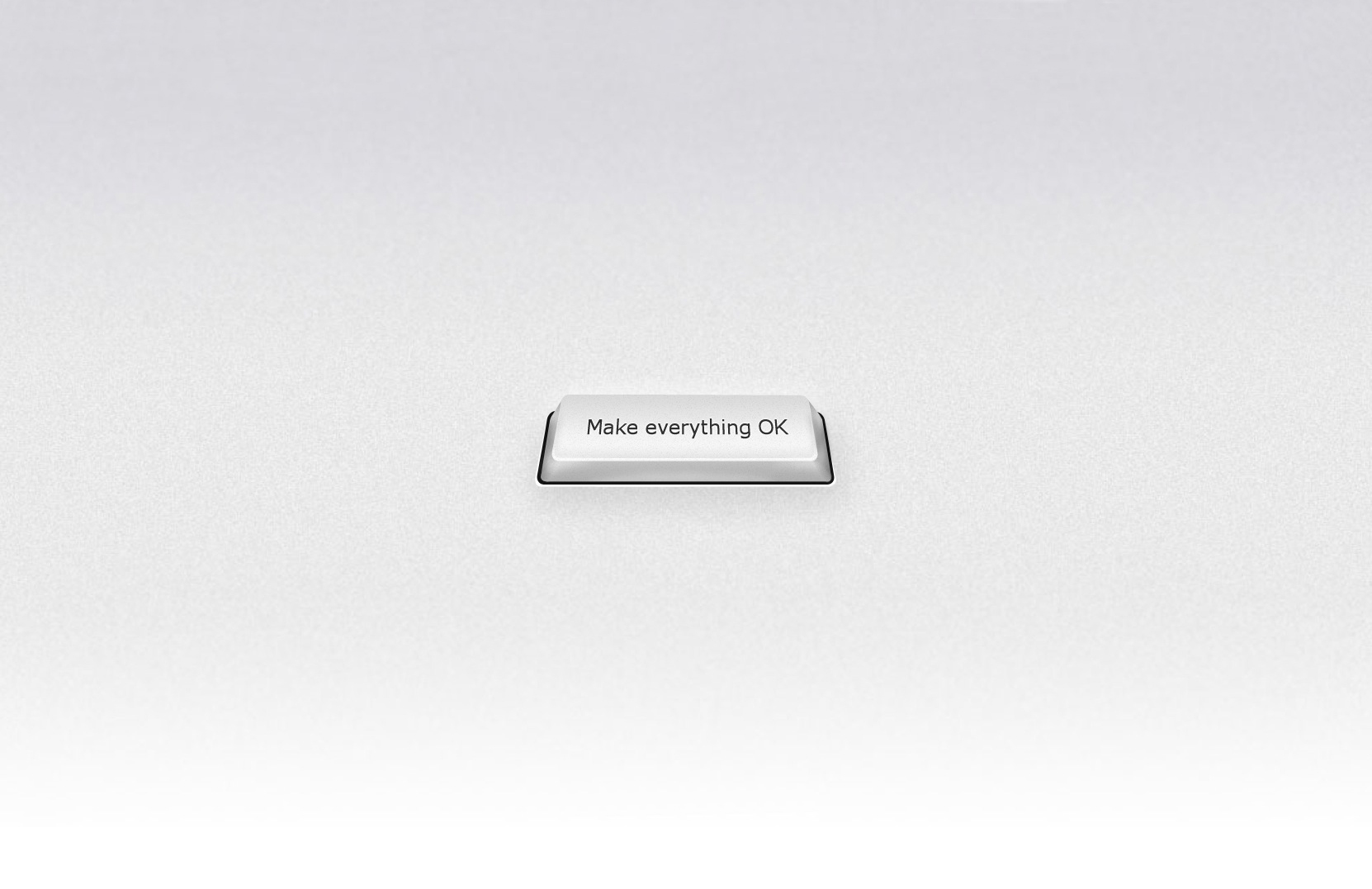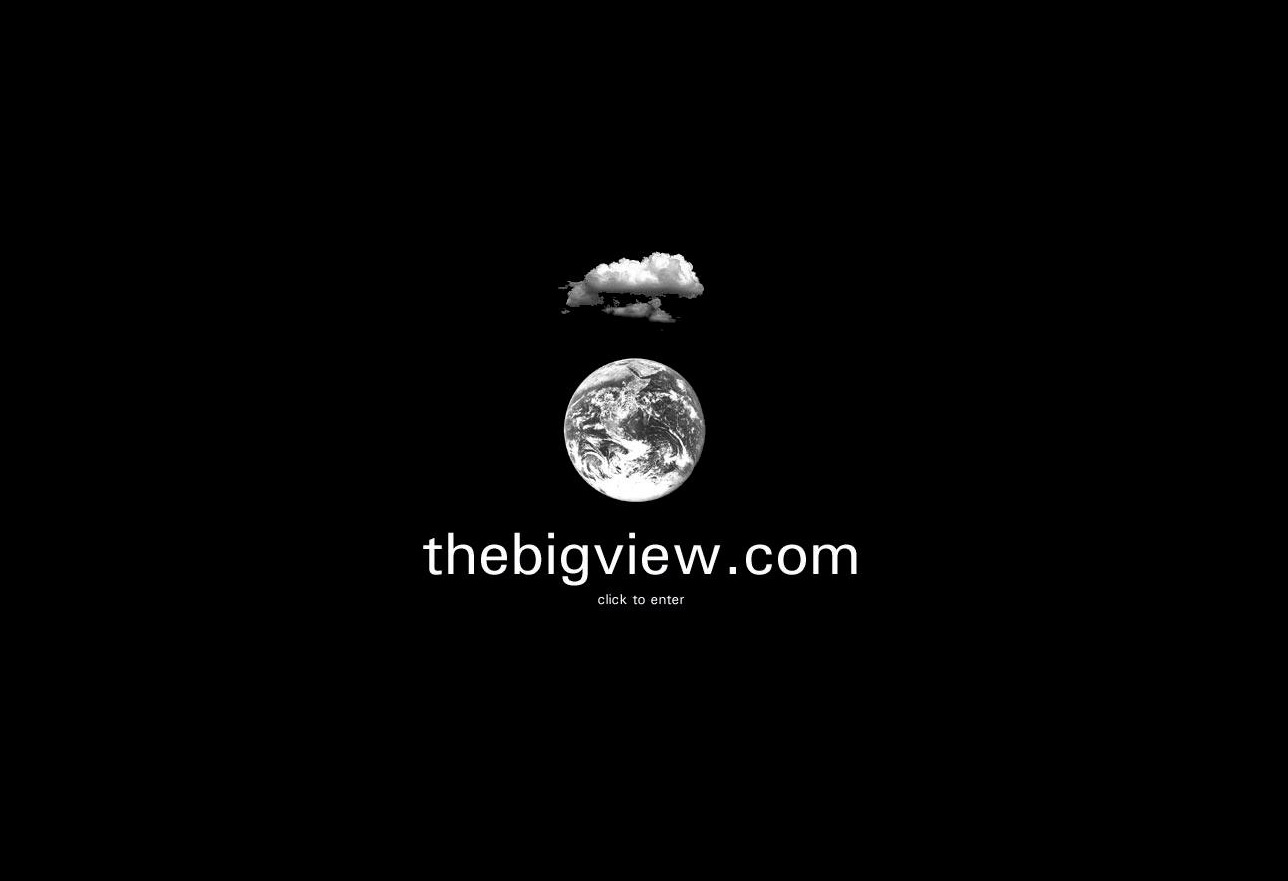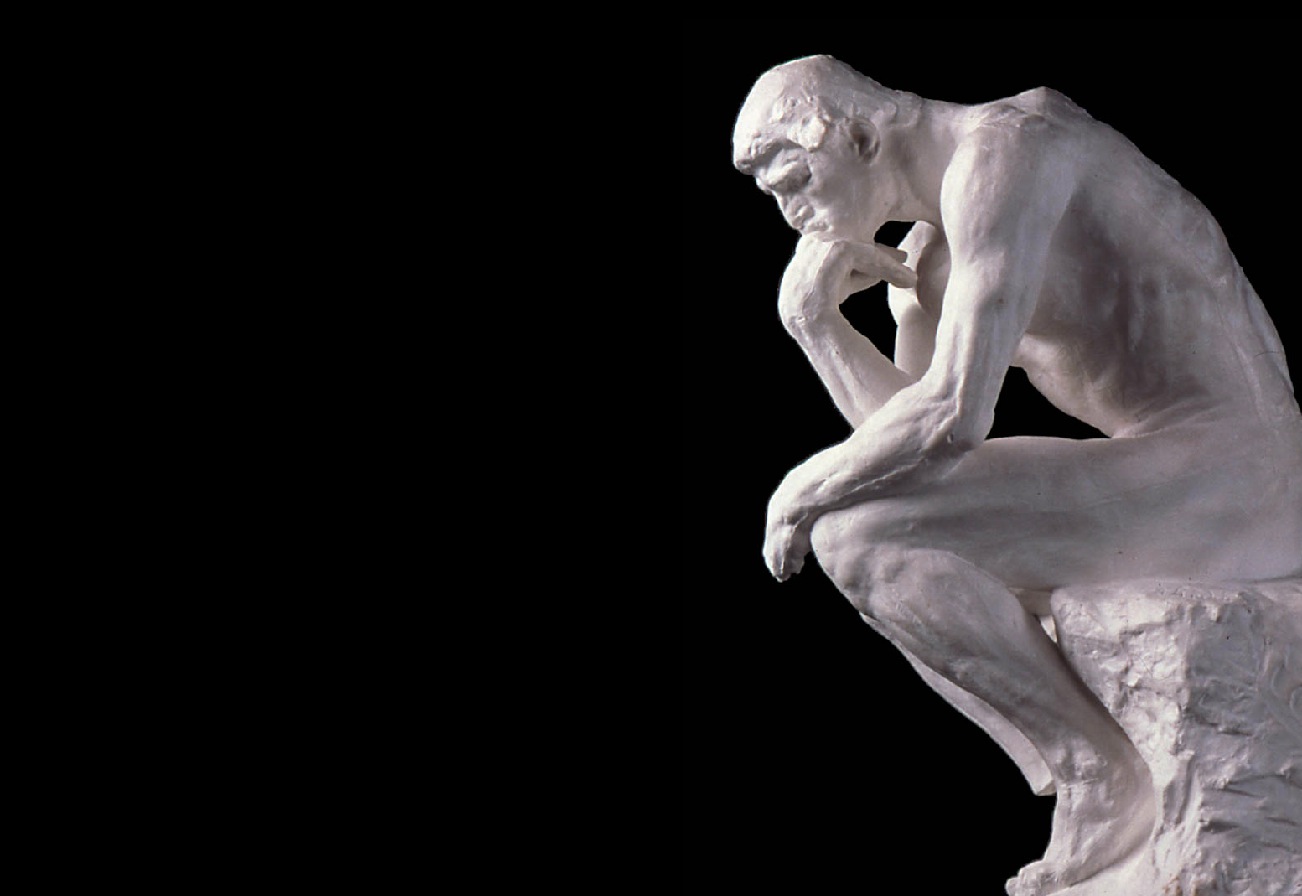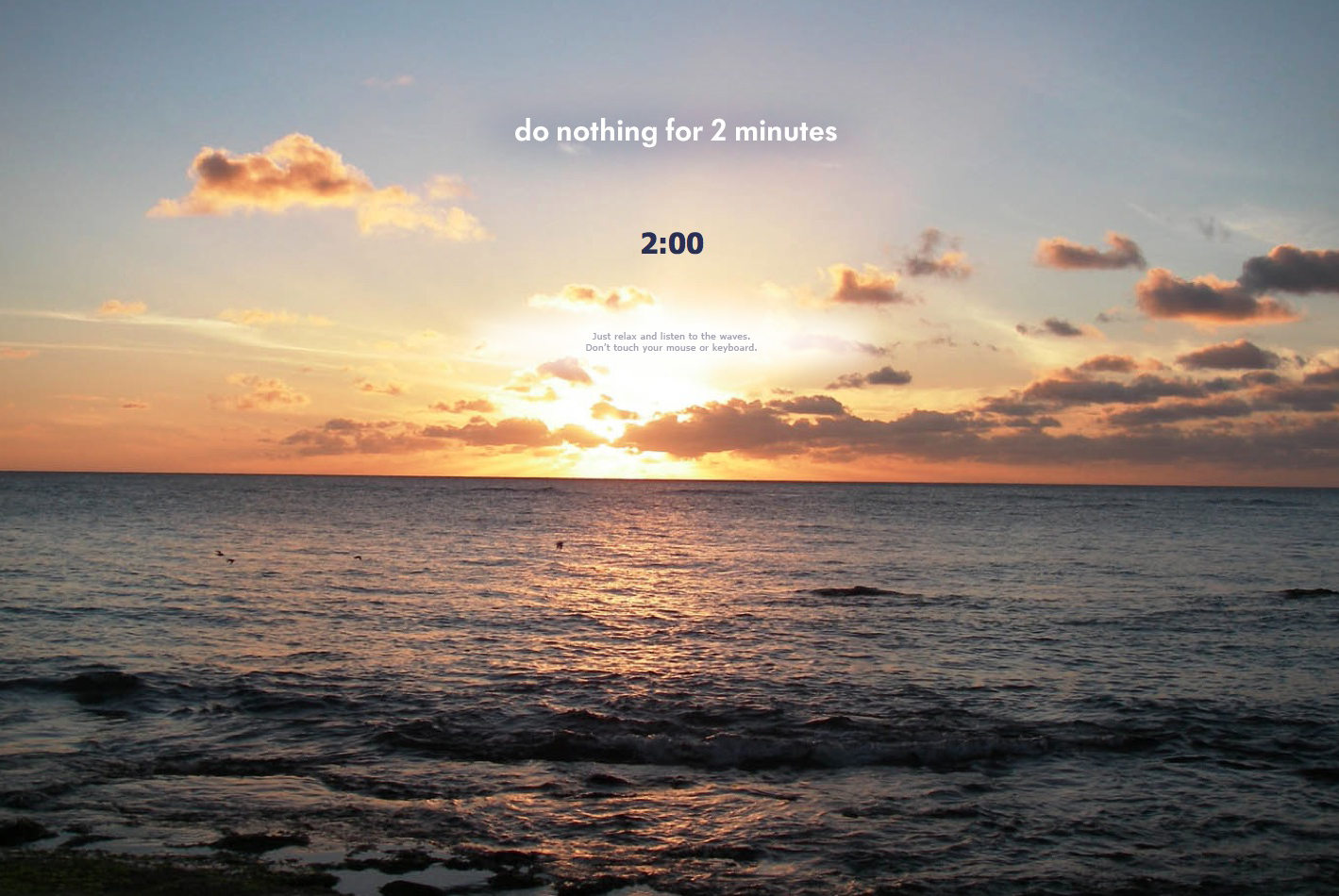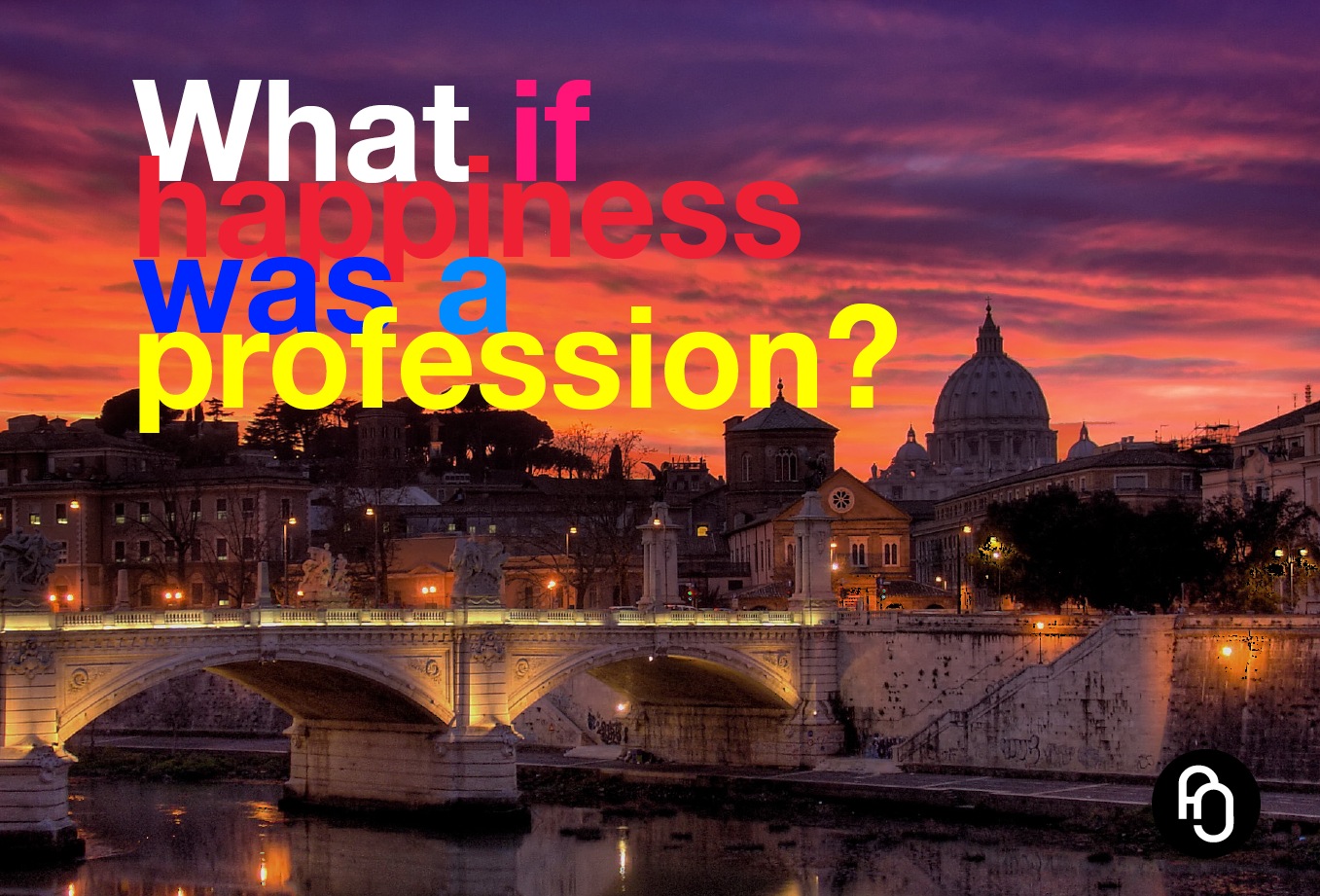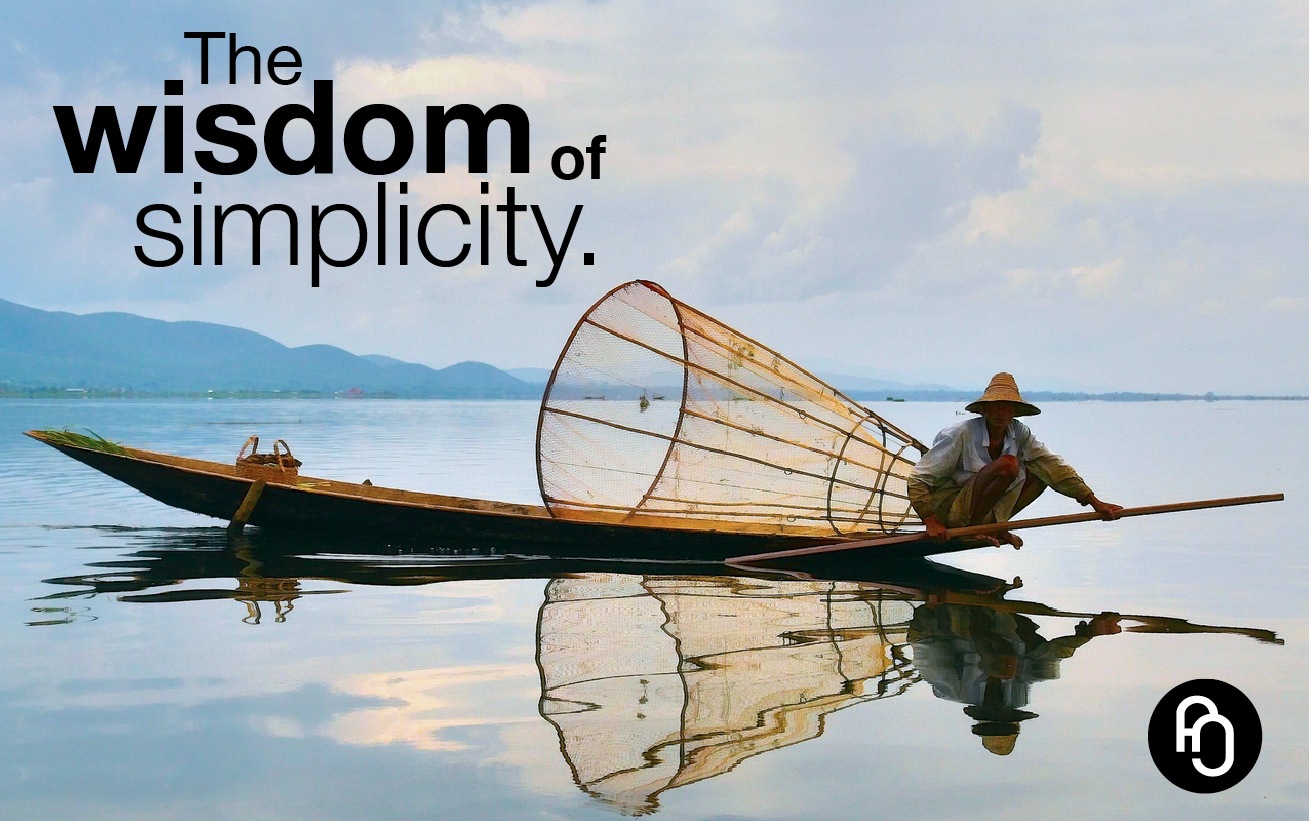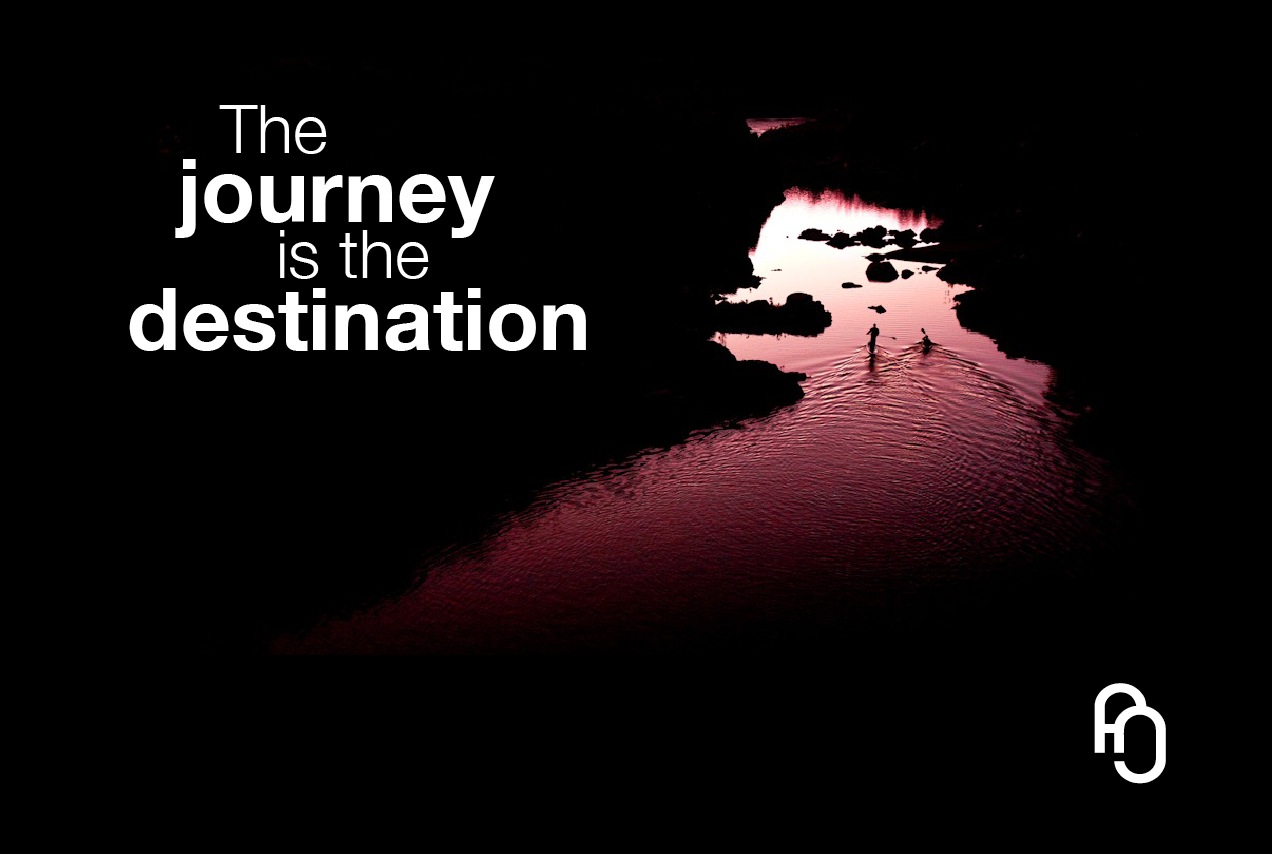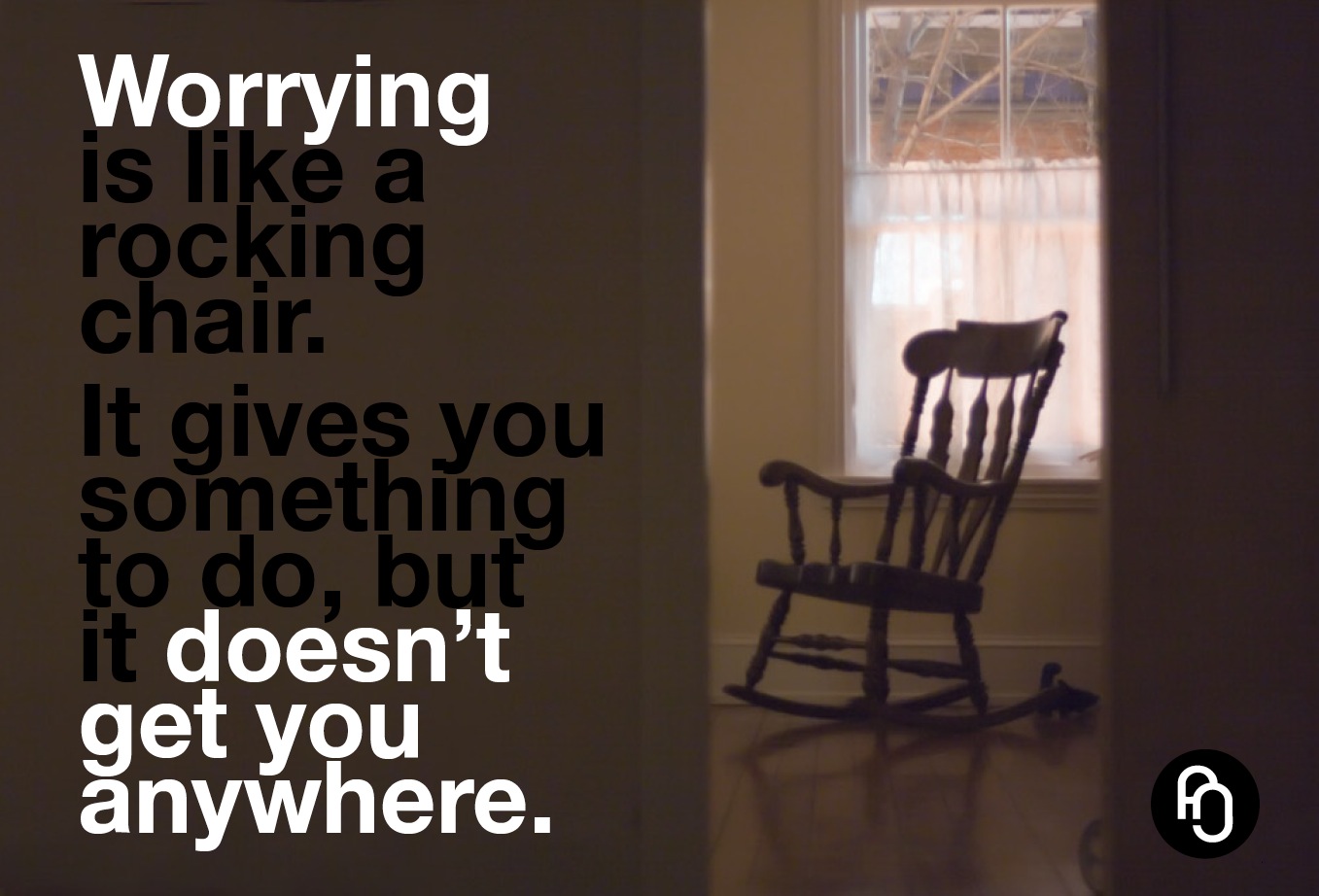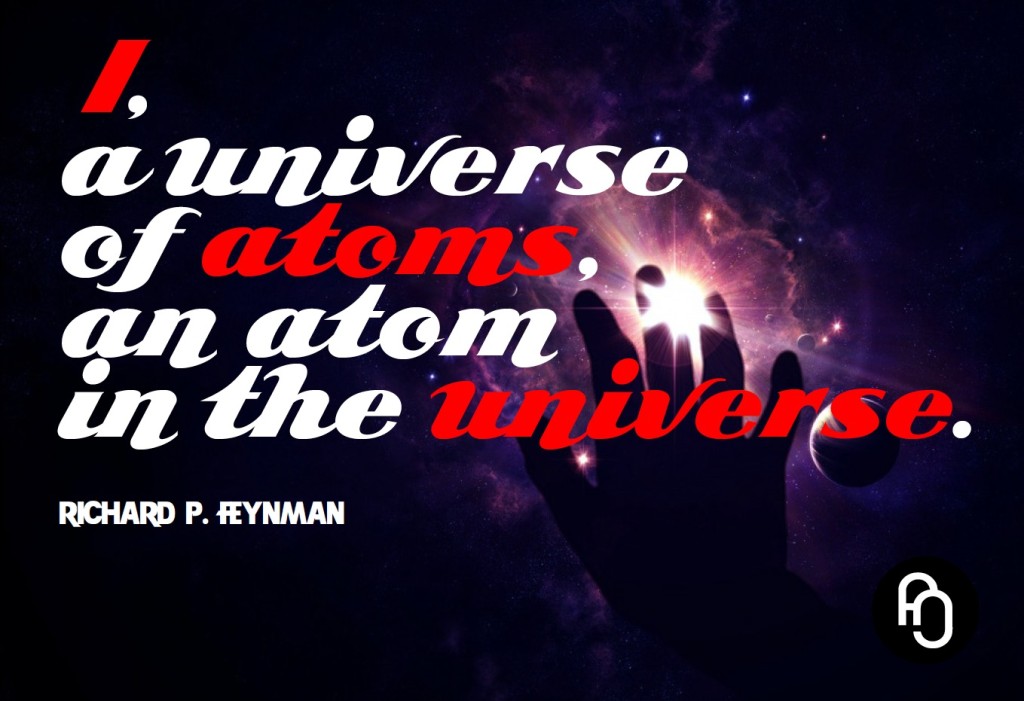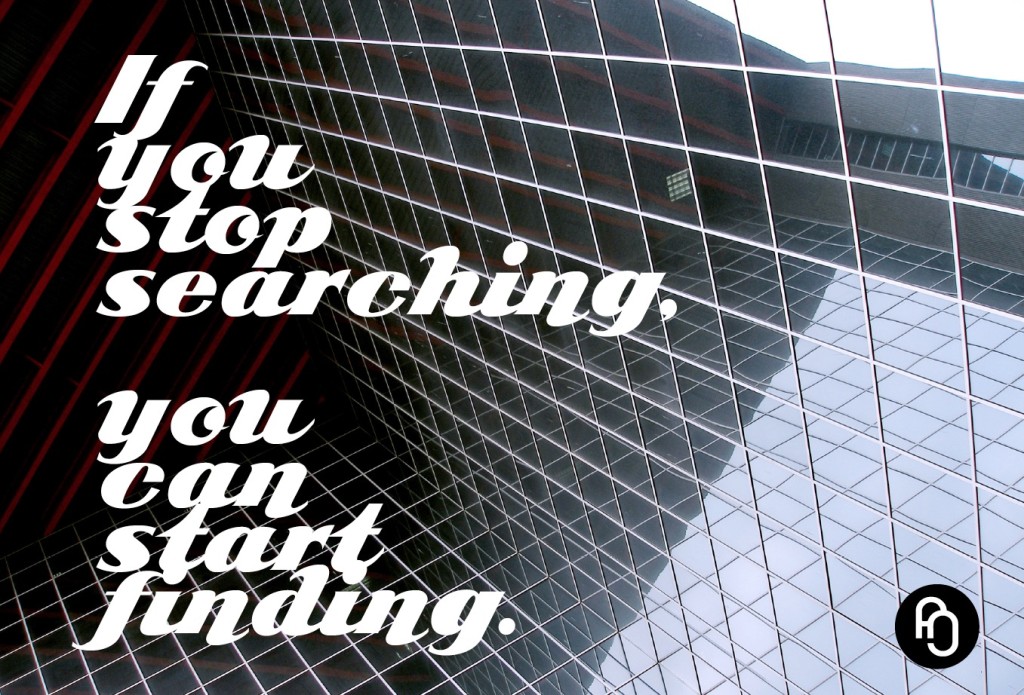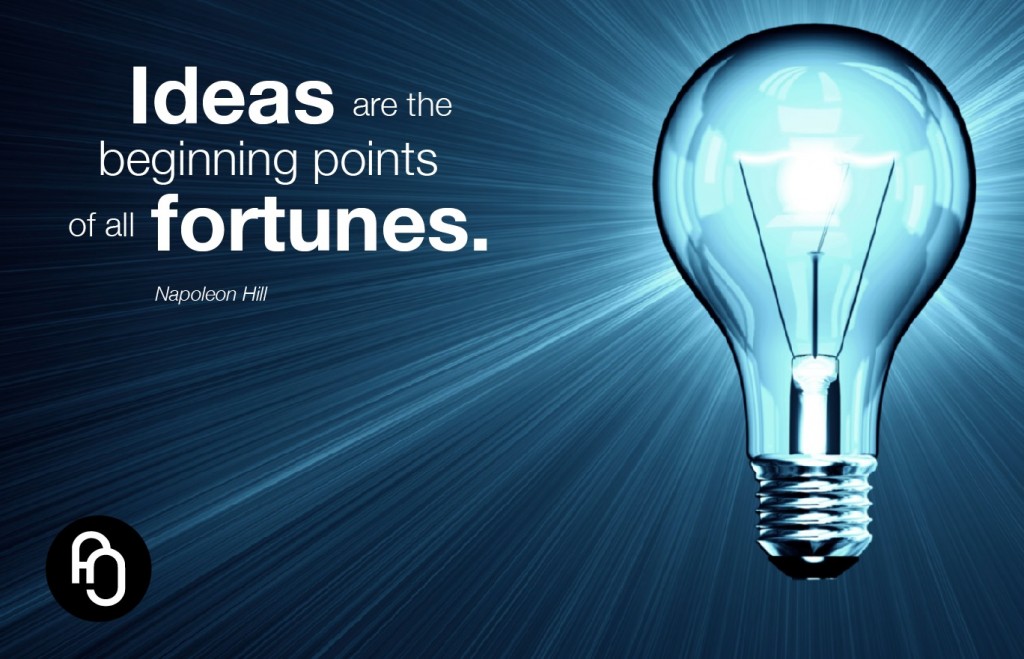
Whether you want to be financially independent in the future or enjoy the company of your best friends later today, it all starts with an idea. Fortunes come in many ways, but what they all have in common is that they all start with an idea. Or two. Ideas about what you want, how you want it, when you want it. Ideas are the beginning points of every fortune. So don’t be shy, have ideas. Lots of them! About Napoleon Hill, check here.
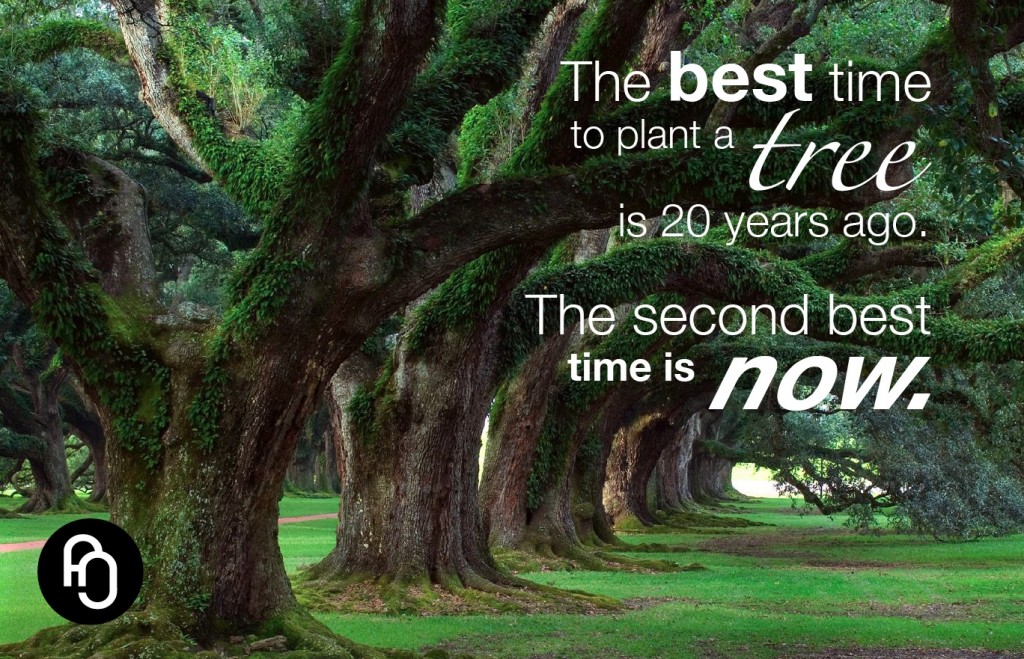
To achieve a dream, you must invest. The sooner you invest, the more time you have for your dream to turn into a big success. Or like the Chinese proverb: ‘The best time to plant a tree is 20 years ago. The second best time is now’. If you weren’t already working on a dream, now is always a good moment to start. Make the decision. Take action. Sow the seed. And don’t dig it up a day or two later, for progress takes time. Give it time, and attention. What water is to a tree, is attention to a dream.

I just came across a website called soundsleeping.com. There I found a relaxation tool that’s fun and easy to use. First you choose some music – e.g. a subtle drumbeat – then you can add 4 different natural sounds, varying from crushing ocean waves to a bird whistle, a campfire or thunder. You then have the option to mix it all together into a blissful blend of sounds. Wanna try? Press here.
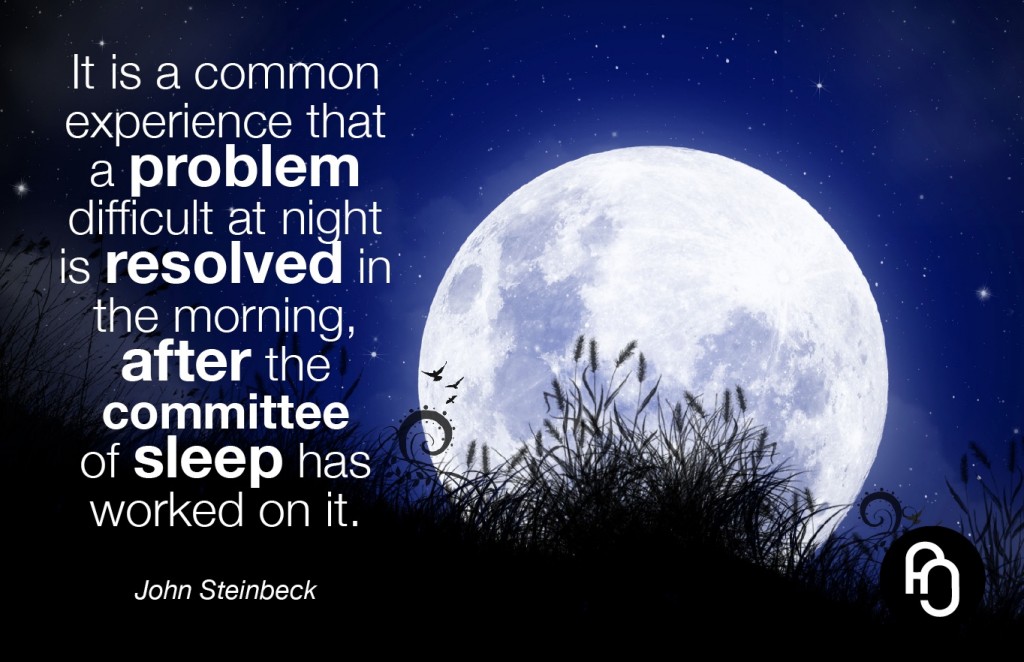
“Sleep is the best meditation”, the Dalai Lama said in 1989. I like that quote, though I always thought of meditation as a conscious activity, whereas sleeping isn’t. But I recently came across a quote of the same scope. John Steinbeck said: “It is a common experience that a problem difficult at night is resolved in the morning after the committee of sleep has worked on it”. Now, I don’t know about you, but it happened to me more than once that I went to sleep with a clear question, trusting it to ‘the committee of sleep’ and waking up with an answer. Have you ever had such an experience? Deirdre Barrett Ph.D. wrote a book about this phenomenon entitled ‘The Committee of Sleep’. Want to find our more? Check here.

When you zoom in on things you’ll discover new details. When you zoom out, you’ll see the big picture. Both the details and the big picture provide you with new information: your frame of reference literally changes. Zooming in and out let’s you discover spaces that you didn’t know were there. It creates alternatives. It broadens your perspective and understanding and makes it possible to redefine what you are looking at and what that means to you. This redefinition should ultimately increase your effectiveness to deal with things. And if it doesn’t, well then you may want to zoom in or out some more.
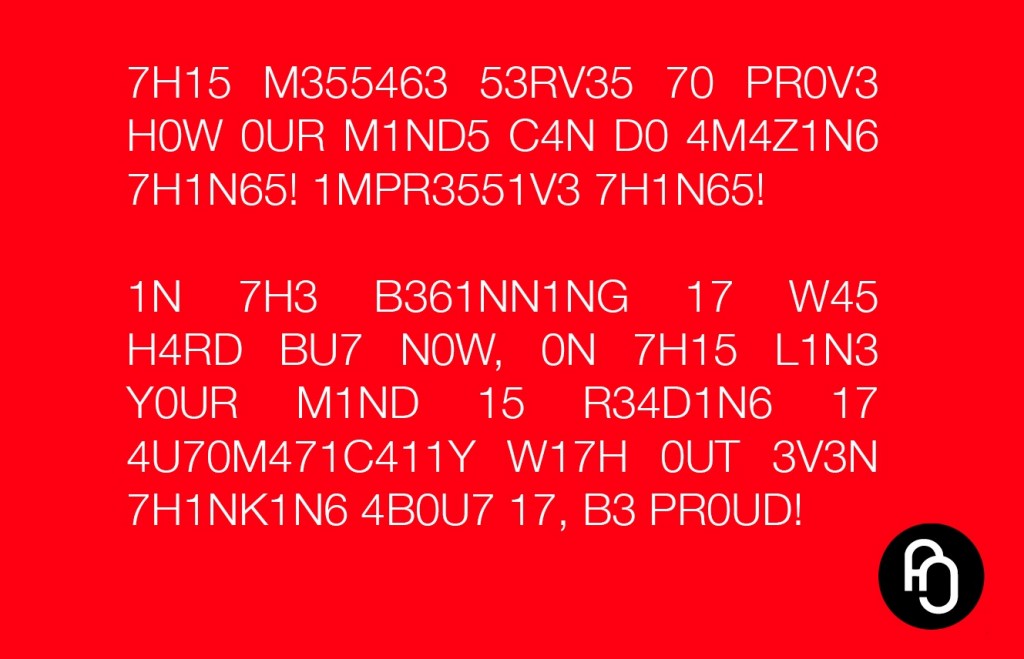
I saw this text as a post on Facebook some time ago. And I’m guessing you did too, since we were all kindly asked to re-post it and so it probably went around the world. Still, what the message says is true. It is amazing how our mind works and that we’re able to read this text fairly easy, while in fact it’s a total mix up of letters and numbers. It proves just how creative and flexible our mind is when confronted with an apparent chaos. Take for instance this Cambridge University study that says: “Did you konw you’re a guiens? Jsut the fcat taht you can atllacuy raed tihs psot porves taht fcat. The huamn mnid is so pufowerl it can dcodee tihs txet eevn tguohh eervy sglnie wrod is slepled iocenrtclry. The one cavaet is taht the frist and lsat lertets are pervresed in erevy wrod. Cidrgbame Uitesirnvy cetoudncd a sduty and fnuod taht the biarn deos not raed eevry snlige lteetr, but wodrs as a wohle. It shows our mind is capable of bringing order to chaos; mixed-up words, but to life itself as well.







